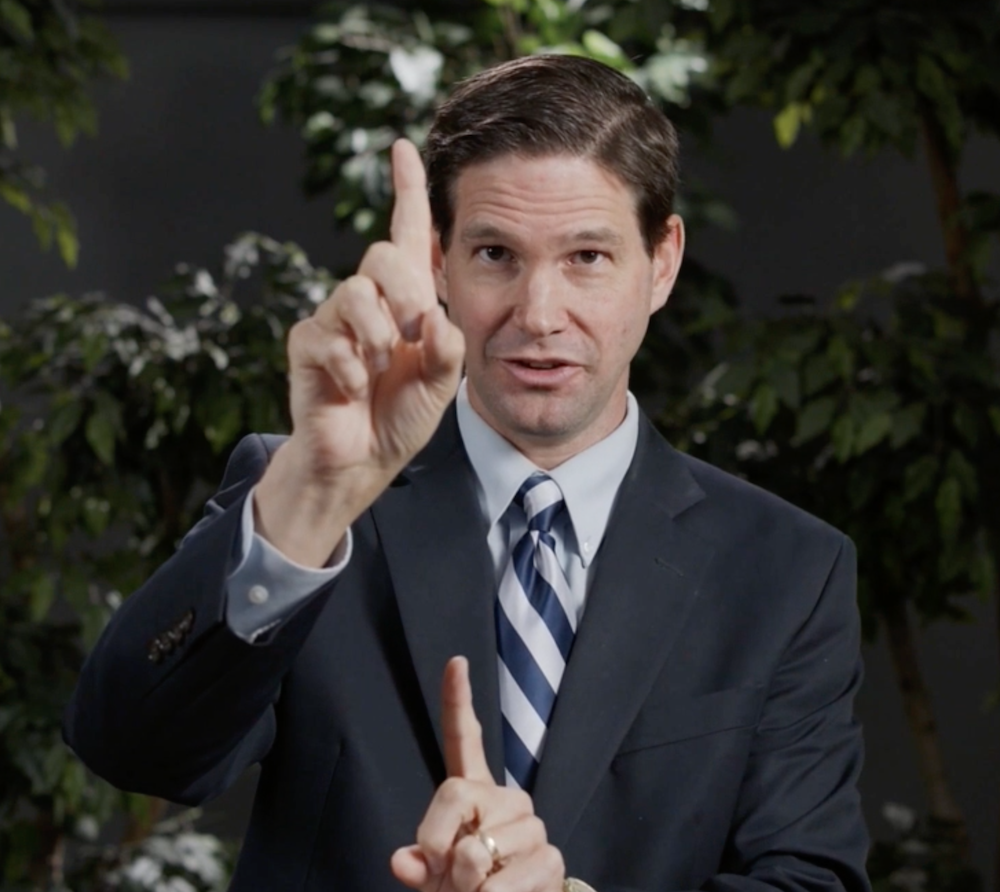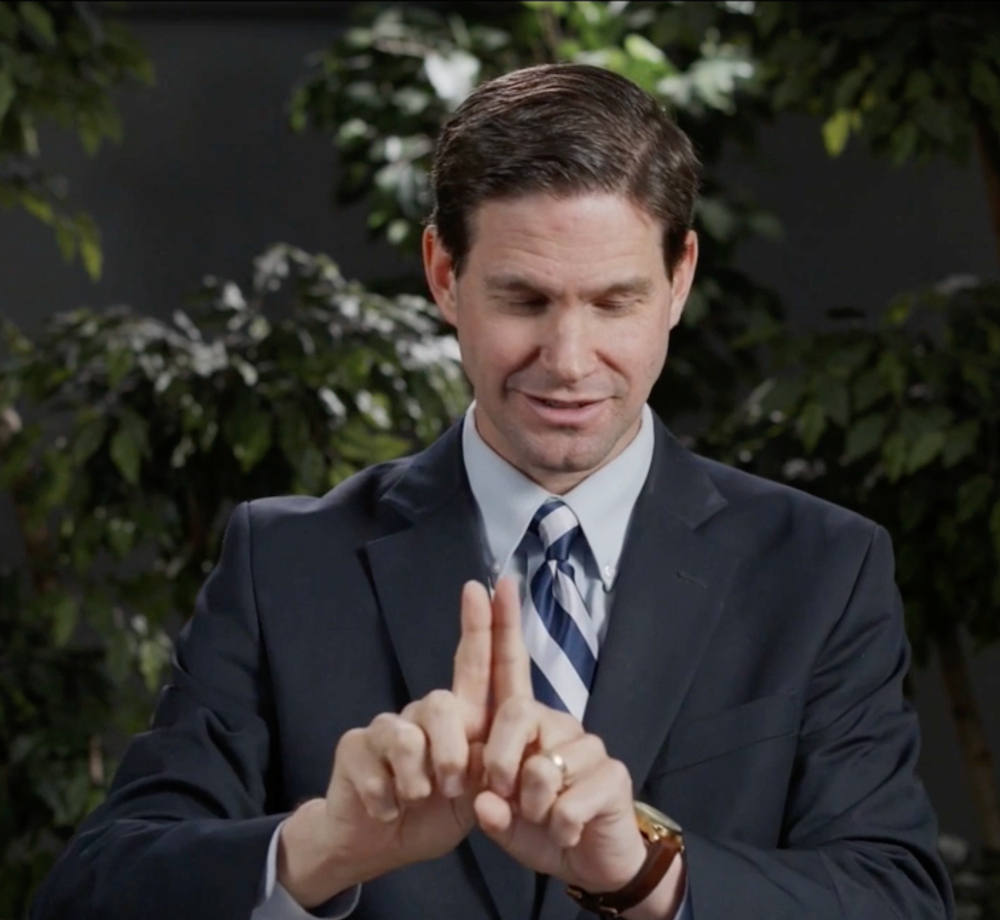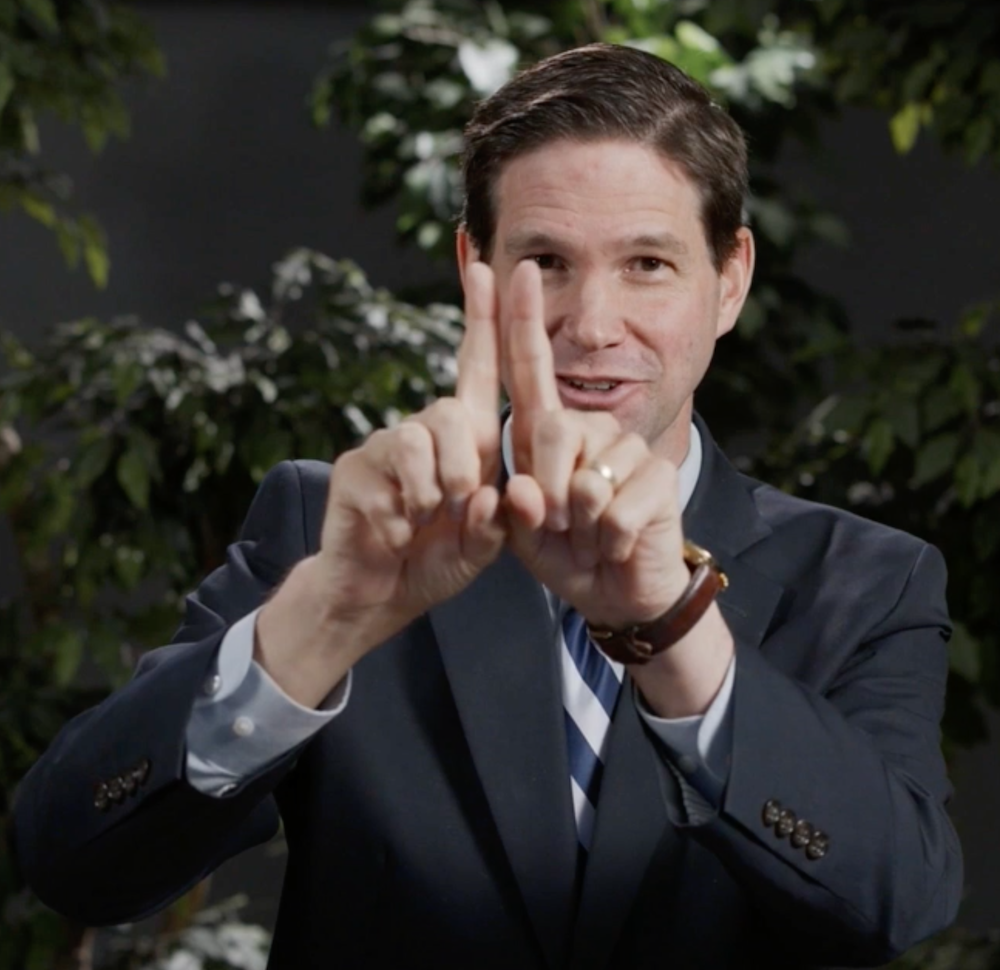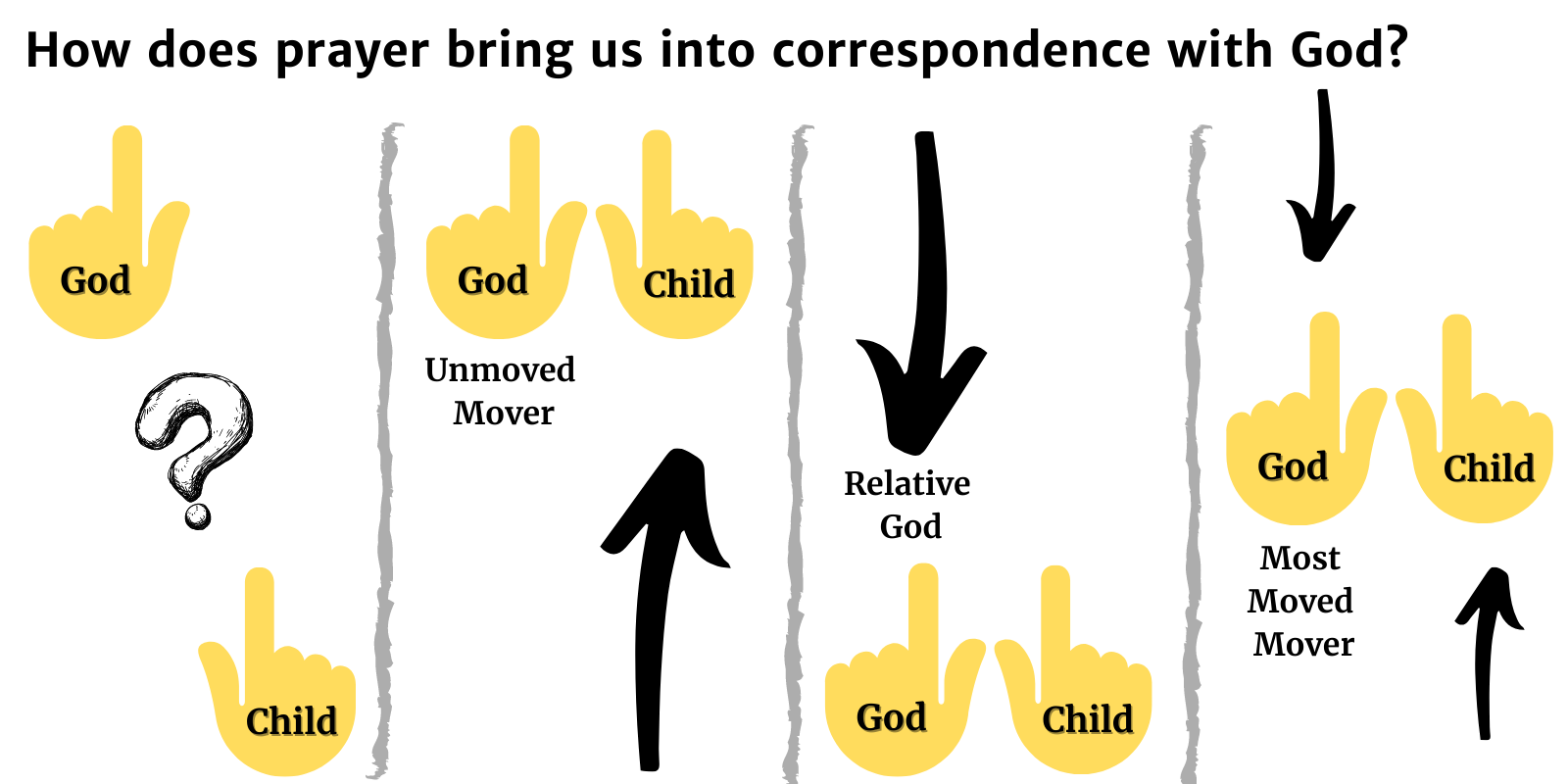Is prayer just for us to get cosmically in line with God's only path (A response to More Purpose in Prayer by Tyler Griffin)?
J. Hathaway
- 8 minutes read - 1616 wordsThe Bible Dictionary of The Church of Jesus Christ of Latter-day Saints provides a definition of prayer that has a unique phrasing. It says, ‘Prayer is the act by which the will of the Father and the will of the child are brought into correspondence with each other.’ This sentence uses the phrase ‘brought into correspondence with each other’ and leads to two possible interpretations.
- Is it simply saying that prayer is the method we use to correspond with each other? Like, ‘I use my phone to correspond with my son.’
- Is it speaking in more mathematical equivalency where two entities are brought into correspondence? Something like the use in this phrase, ’there is a simple correspondence between the distance of a focused object from the eye and the size of its image on the retina.1
I think the Bible Dictionary is referencing the second concept of correspondence. If we decide that the second concept of correspondence is the meaning, we will need to imagine what it means for the will of two free agents to be ‘brought into correspondence with each other.’ This correspondence is hard to imagine when we think of ourselves as imperfect, inferior, unknowing mortals and of God as the perfect, unchanging, all-knowing Deity. What might it mean for us to use prayer to get our will in correspondence with God’s will?
The full paragraph from the Bible Dictionary states;
As soon as we learn the true relationship in which we stand toward God (namely, God is our Father, and we are His children), then at once prayer becomes natural and instinctive on our part (Matt. 7:7–11). Many of the so-called difficulties about prayer arise from forgetting this relationship. Prayer is the act by which the will of the Father and the will of the child are brought into correspondence with each other. The object of prayer is not to change the will of God but to secure for ourselves and for others blessings that God is already willing to grant but that are made conditional on our asking for them. Blessings require some work or effort on our part before we can obtain them. Prayer is a form of work and is an appointed means for obtaining the highest of all blessings.
Prayer is not to change the will of God
Notice that the next sentence after the correspondence sentence says that ’the object of prayer is not to change the will of God but to secure for ourselves and for others blessings that God is already willing to grant but that are made conditional on our asking for them.’ Which seems to be saying that our wills need to correspond and that we better not think we can change God’s will only that we can confirm His will by asking. What does it mean that God’s will is to give us something that He can’t give unless we ask? Does it mean that we can change His will by not asking? I hope you see the circular logic that can arise if we are not careful in how we read the Bible Dictionary Definition.
What is the will of God?
For behold, this is my work and my glory—to bring to pass the immortality and eternal life of man.2
Immortality and the eternal life of His children is God’s will. Whether we get married on a Friday or a Monday only matter if it affects His grand will. But most of the time, those types of decisions don’t have a predefined will of God. God is willing and desires that we come to Him with our will so that we can learn about each other in a give and take relationship. He is ready to move based on our intentions.
A year ago, I asked, ‘Is there a science to answered prayers?’ and quoted John Sanders from his book titled, “The God Who Risks: A Theology of Providence” which merits requoting here.
God desires a deep personal relationship with us, and this requires genuine dialogue rather than monologue. The fellowship of love God wants entails a give-and-take relationship wherein God gives and receives from us. -Pg. 273-
He then proposes that God’s desire for a give-and-take relationship will even open Him up to answer prayers in a way that he doesn’t want to at the given moment.
What if we prayed for something that God did not believe was in our best interest? Would God grant it anyway? Would God open himself up to the requests of finite and even sinful creatures? In my opinion, God has at times done so. God allowed Aaron to do the public speaking for Moses even though God wanted Moses to do it (Ex 4:14). God gave the people of Israel a king even though he questioned the advisability of their request (1 Sam 8). God fulfilled these requests, I believe, in the hope that people would mature in their relationship with him.” and “God has decided to seek a personal relationship with us and works to build a community of believers who love one another. In this sort of project, it becomes possible to affirm that we have not because we ask not. God genuinely responds to our petitions and sometimes acts because of our impetratory prayers.
As we pray, we get the chance to ‘bring ourselves into correspondence’ with god through a ‘give-and-take relationship wherein God gives and receives from us.’ The loving relationship with us is His will. A relationship where both parties move as they are moved by each other.
Tyler Griffin’s Unmoved Mover View
Due to COVID-19, the 2020 Education week went virtual and provided videos to those that purchased access. This is the first time that BYU has allowed videos to be let out into the wild (although password protected). I think BYU and The Church worry that these events become too influential in defining our doctrines. Or maybe, they fear that they will create controversies. I hope my sharing of a two-minute clip isn’t out of line.
Tyler Griffin, an associate professor of Ancient Scripture at BYU, shared a talk titled, ‘More Purpose in Prayer: Developing Deeper Connections with God’. I appreciate that he was trying to tell us that we shouldn’t counsel or teach God, but he made God out to be the most unmoved mover in his lecture. Please watch the clip and follow the transcript to see how he implies that God is the Unmoved Mover.
Notice what the bible dictionary definition of prayer goes on to say. Many of the so-called difficulties about prayer arise from forgetting this relationship. Now watch this next part. Prayer is the act by which the will of the Father and the will of the child are brought into correspondence with each other. Now notice, using this finger analogy again.

Prayer is the act where the will of the Father and the will of the child are brought into correspondence with each other. Is that correct? There’s something really wrong with that particular object lesson.

The thing that’s really wrong with it is we have in the attitude of prayer, the child, changing the will of the parent. In this case, a heavenly parent who knows everything. Brothers and sisters, prayer is not for us to teach God anything he doesn’t already know. Prayer is not an opportunity for me to kneel down and enlighten God on what happened in my day, or what I’m thankful for, or what I need help with. God knows all of those things infinitely better than I know them about myself. So when he commands us to pray. It’s not so that we can teach him anything. It’s so that we can learn from him. We can learn about him. And we can learn about ourselves, and we can learn about others.

So a better object lesson using these two fingers to describe what this is saying here is prayer is the means whereby or the act by which the will of the Father and the will of the child are brought into correspondence with each other. Prayer is for me to elevate my thoughts, make sense of what’s going on in my life, to have a place that’s safe, or I’m not going to be beaten up because I see things the wrong way or because I have the wrong perspectives. Prayer is the one place where I am perfectly safe to be me.
The correspondence of prayer
I agree with Tyler that we do not believe in a relative God that bows to our every wish as if we were in complete control (third column in the below picture). However, I disagree with his depiction of God as the unmoved mover and his description that any view other than the unmoved mover is ‘really wrong’ (second column in the below picture). He seems to be implying that we should accept a God that never changes and expects us to get cosmically in line with His unbending will. I prefer to view prayer as the fourth column in the image below. I see God as the Most Moved Mover. As we pray, he is willing to move as long as the movement works towards his will of eternal life together.

The Most Moved Mover
I hope this post helped you understand what is meant by God being the Most Moved Mover. I hope we see prayer as a loving relationship of giving and receiving. When two beings have agency, each influences the loving relationship. ‘Prayer is the act by which the will of the Father and the will of the child are brought into correspondence with each other.’